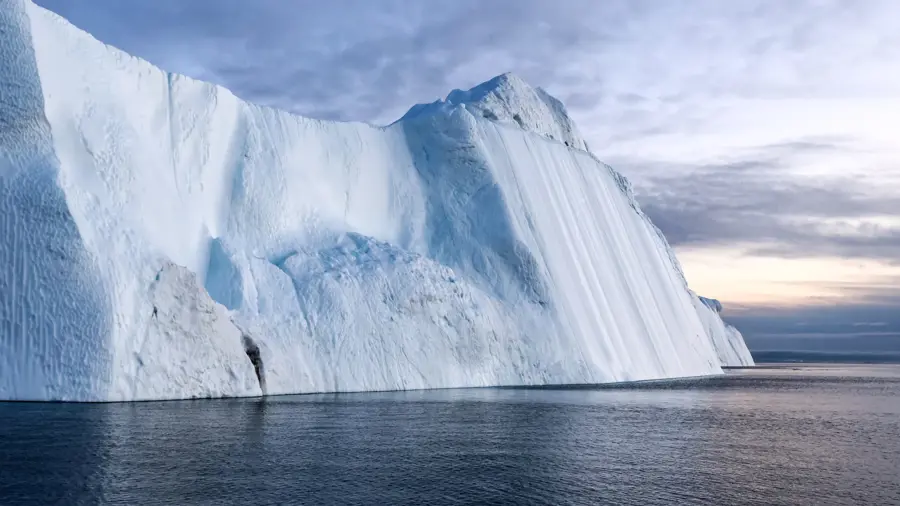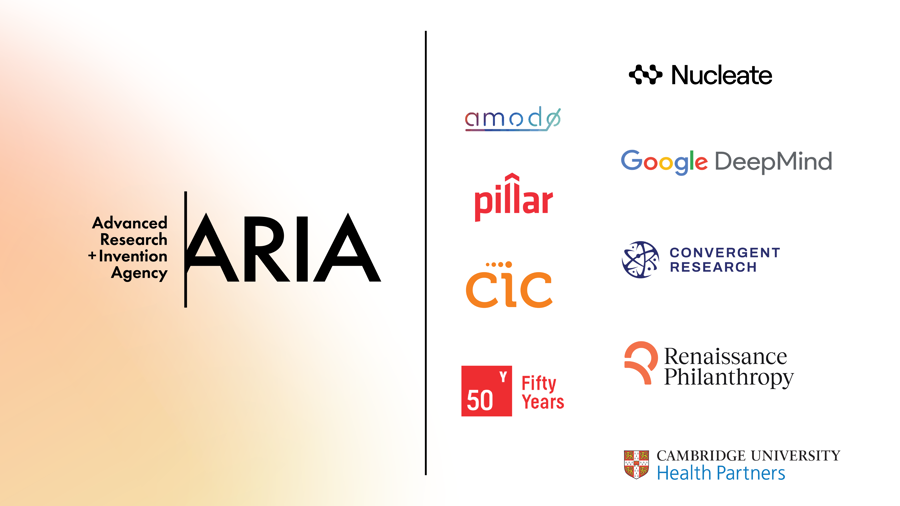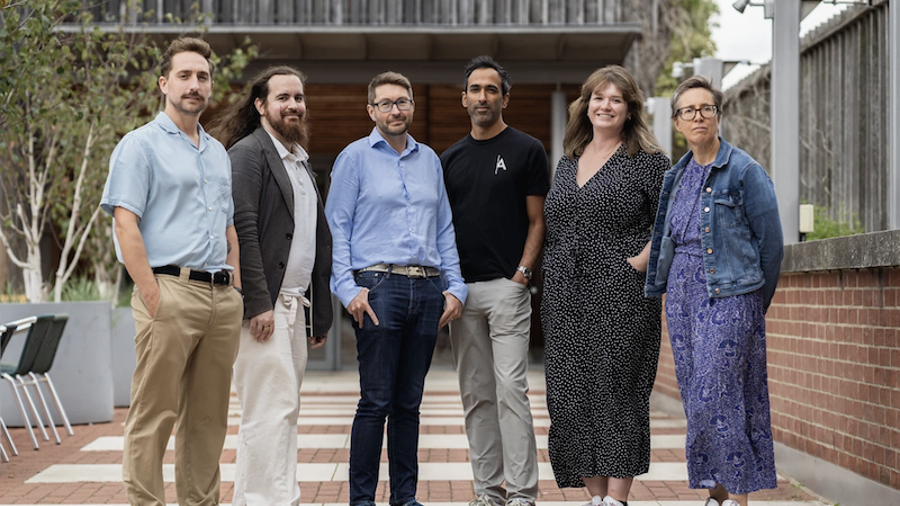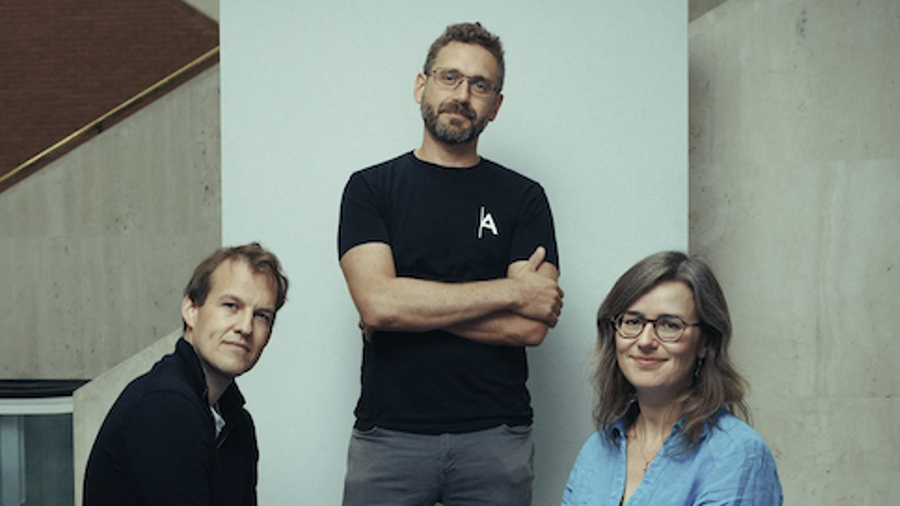
Scoping Our Planet: Opportunity seeds
Opportunity seeds support ambitious research aligned to our opportunity spaces. We’re looking to challenge assumptions, open up new research paths, and provide steps towards new capabilities.
Can we fill gaps in Earth system measurement to respond confidently to the climate crisis?
From sensors that fingerprint methane emissions to measuring ocean mixing by combining seismic reflection + hydrographic data, we're funding an array of projects with up to £500k each, across individual research teams, universities and start ups to maximise the chance of breakthroughs.
Meet the Creators
Unlocking Ground-Breaking Observations of Antarctic Mixing With Legacy Data
Kathryn Gunn, University of Southampton
Self-degrading Environmental Exploration Drones
Iganzio Maria Viola, University of Edinburgh
Photonics for Portable Isotopologue and PPT Sensing
Peter Nisbet-Jones, Twin Paradox Labs + Christopher Bridges, University of Surrey
Distributed Photovoltaic Neural Networks for Environmental Monitoring
Andrea Di Falco, University of St Andrews
Antarctic Explorations: Where does glacial meltwater go?
Laura Cimoli, University of Cambridge
REMM: REthinking Methane Measurement
Jane Hodgkinson, Cranfield University
Next-CAM
Ronald Clark, University of Oxford
Persistent Monitoring of Climate Variables Using High Altitude Pseudo Satellites
Steve Tate, Voltitude
Clouds Decoded
Jacqueline Campbell, Asterisk Labs
Rapid Development of a Mass-manufacturable SWIR Hyperspectral Camera
Sam Hornett, Living Optic
WAVECLIM
Serge Guillas, University College London
"Scoping Our Planet will allow us to do hardcore research in one of the most extreme environments – the oceans around Antarctica – to observe never-before-explored regions. We’ll be able to gain much-needed information in a region that’s experiencing rapid + drastic climatic changes."
Meet the programme team
Our Programme Directors are supported by a Programme Specialist (P-Spec) and Technical Specialist (T-Spec); this is the nucleus of each programme team. P-Specs co-ordinate and oversee the project management of their respective programmes, whilst T-Specs provide highly specialised and targeted technical expertise to support programmatic rigour.
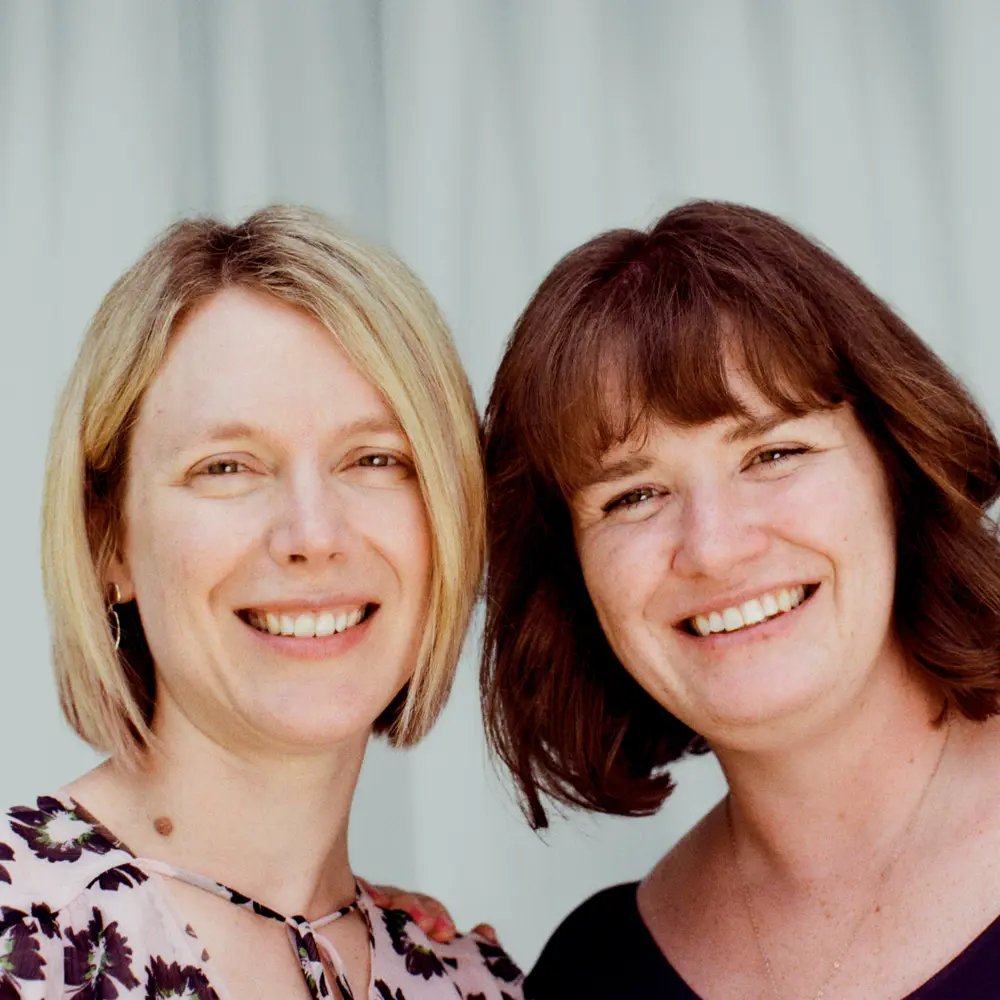
Gemma Bale + Sarah Bohndiek
Programme Directors
Gemma Bale and Sarah Bohndiek are biomedical physicists working as co-Programme Directors. They both joined ARIA from the University of Cambridge, where Gemma continues to lead teams working on non-invasive brain monitoring, and Sarah in optical imaging technology for earlier cancer detection.
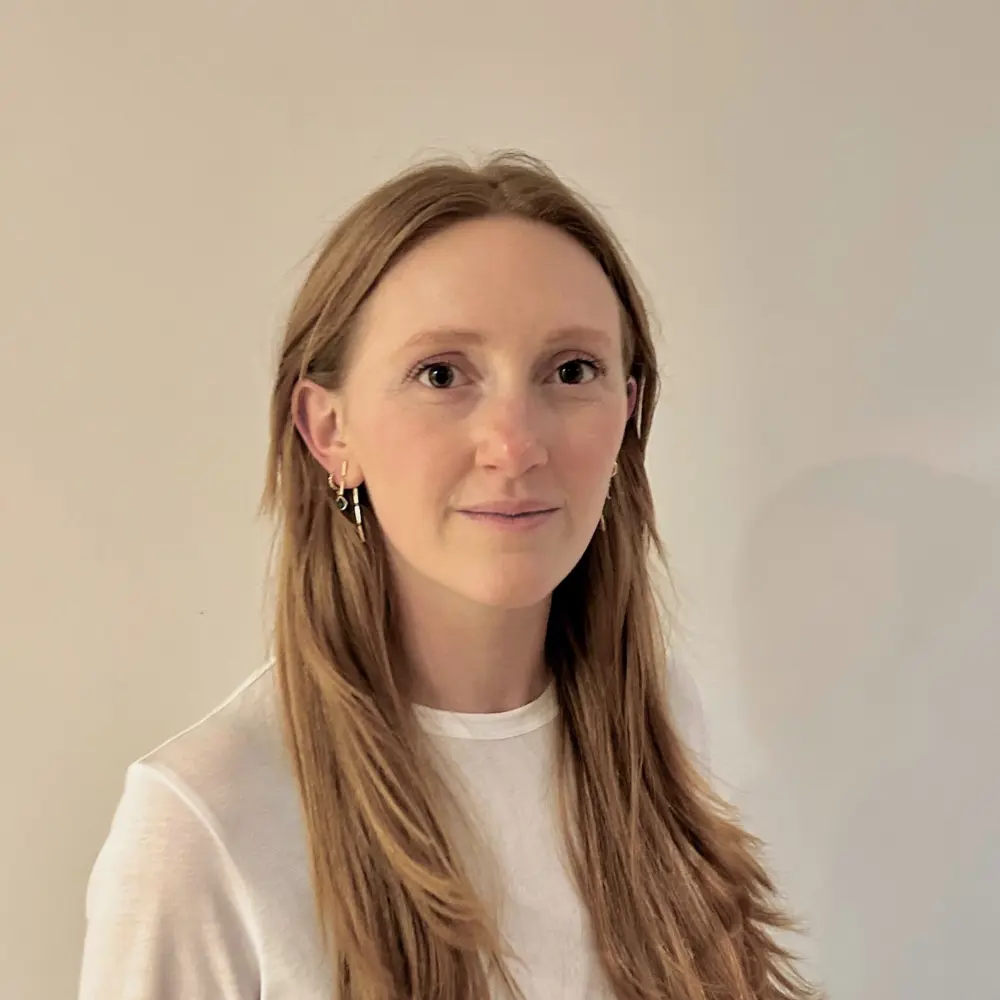
Jess Humphreys
Programme Specialist
Prior working with ARIA, Jess built a career innovating clinical trial management at tech SMEs, where she led teams developing interactive response technology platforms to streamline trial processes, and oversaw global data management and quality control at neuroimaging facilities. Jess supports ARIA as an operating partner from Pace.
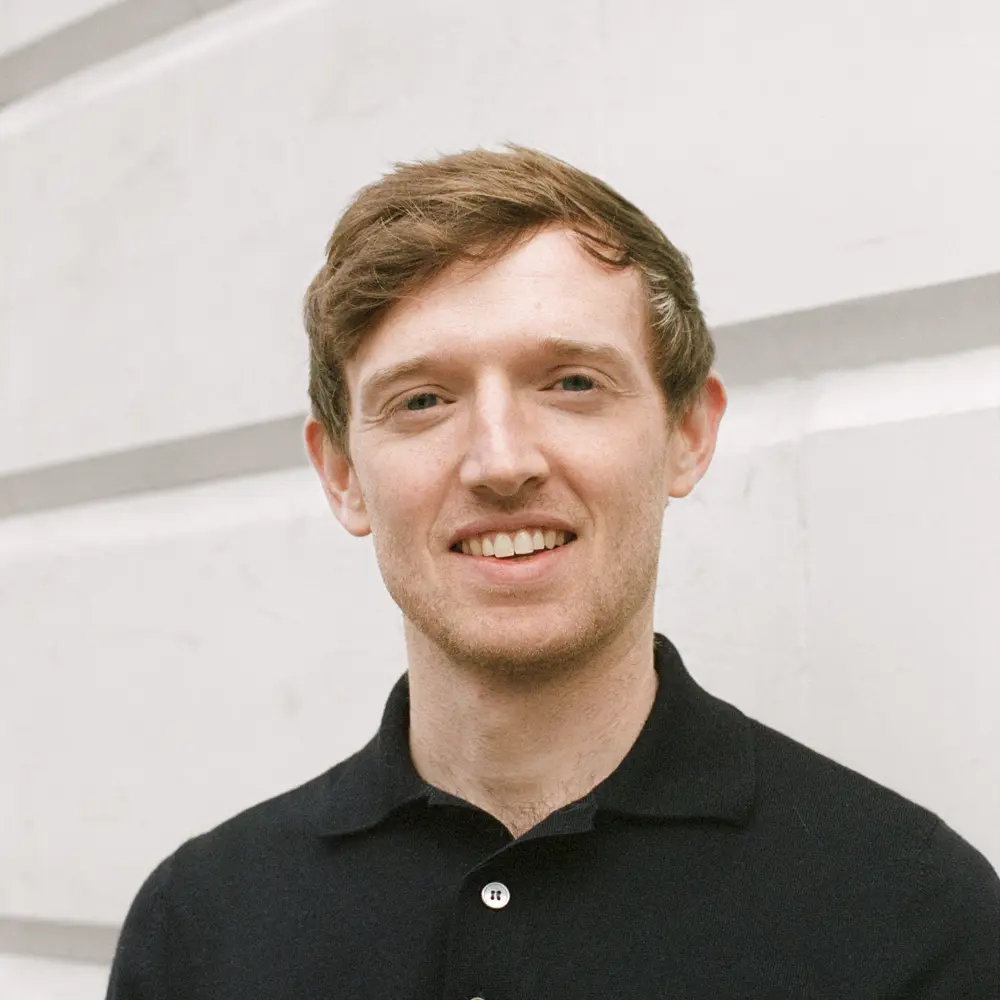
Dan Giles
Technical Specialist
Dan has a diverse academic background in applied mathematics, statistics, and computer science, with a focus on developing and enhancing ocean and atmospheric models. He joined ARIA from University College London, where he is a Senior Research Fellow in machine learning for weather and climate sciences.

